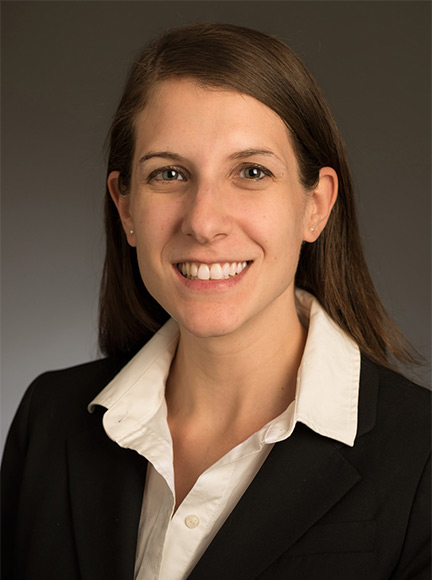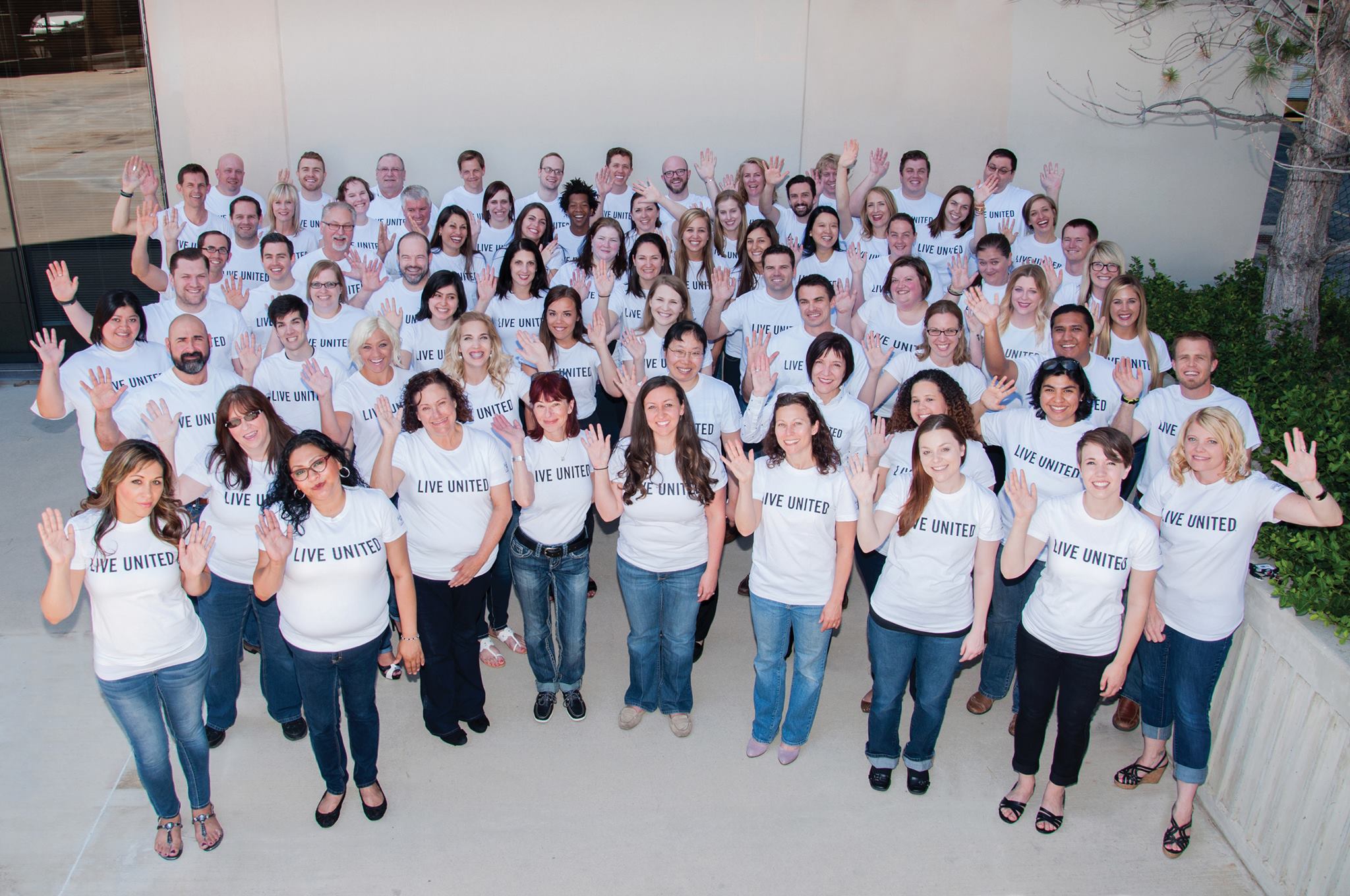
Senior Director of Analytics and Learning
In late October, United Way Worldwide and more than 100 United Way leaders from across the U.S. and Canada, met in a large room in Alexandria, Virginia. Over three days, that room buzzed with passion for social justice, energy about the promise of collective impact, and ideas for action back at home.
Our hometowns, job functions, and interests were diverse, but we came to Alexandria because we focus in some way on impact. We believe that, through relationships with businesses, non-profits, community members, and government agencies, United Ways have a unique role to play in convening partners and achieving better outcomes for children and families.
I was reminded of three things in Alexandria about the value of defining partnership in the broadest way possible.
First, I was reminded of the power of partnership with other United Ways. Over three days (and in the months before, as part of a group advising United Way Worldwide on the content and format for the convening), I learned from colleagues about addressing the challenges of alignment, communicating with stakeholders in an increasingly mobile world, using data to increase partnership impact, involving community members in problem-solving and decision-making, and more. Building outcomes-focused, cross-sector partnerships is hard work, but through networks like United Way Worldwide and StriveTogether, we can connect with others who are grappling with similar complexities. We can learn much and speed progress toward results when we create the space and the focus to ask questions, listen, and debate ideas with peers.
Second, I was reminded the power of partnership with the people who live in the geographies where inequities persist. Among the new friends and colleagues I met in DC was a young man from Delaware. He was at one time involved with drugs and the criminal justice system, but he is also one of the most articulate and passion change makers I’ve met in some time. His perspective, voice, and leadership improved every conversation he sat in. As stated in Sheri Brady’s recent piece for the Stanford Social Innovation Review, “To help collective impact live up to its promise of meeting complex problems by creating systems-level change, we must fully engage representatives from within the communities most impacted by systems change.”
Finally, as we reflected on the power of United Ways’ local presence, context, and relationships, I was reminded of the power of partnership with federal partners. On the last day of our three days together, we participated in a “White House Briefing” (which actually took place in the building next to the White House) with several of the President’s advisors. The presidential advisors who greeted our group spoke about their goals – removing barriers to college for first-generation college students, addressing the opportunity gap for young men of color, increasing health insurance enrollment rates at a moment when we have fewer resources on the ground than ever in either of the previous two enrollment periods. These goals mirror ones that we have in Salt Lake, as a region and as individual communities within that region. Our federal partners have access to aggregate data on community conditions, information on what’s working well in other places, and resources to spread innovations and break down barriers. Collective impact partnerships convene partners around shared goals, and I was inspired after three days in our nation’s capital to ask myself more often: how could our partners at a federal level help us move our work forward?
On the second day of the convening, Steven Pemberton visited with us. Mr. Pemberton is Walgreen’s first Chief Diversity Officer, a husband, and a father of three. Earlier in his career, he helped countless of first-time college students navigate the path toward college enrollment. He spent most of his childhood surviving a foster care system that did not treat him well. (If you have not read Steven’s book – A Chance in the World – it is sad, moving, and inspiring.) His remarks and the stories that I heard at the Community Impact Exchange reminded me that creating opportunities in education, health, and family financial stability for an entire community requires courage, focus, and hard work from each of us – as well as the alignment of sometimes the least obvious of partners in our increasingly inter-connected world.

